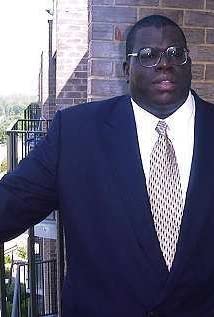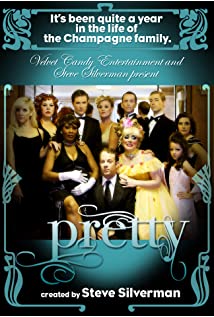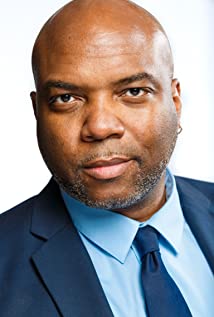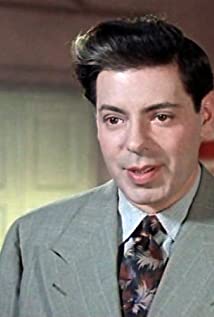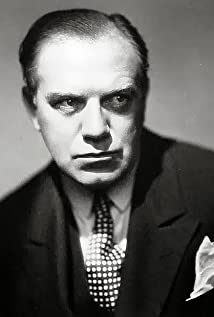
As per our current Database, Montagu Love has been died on 17 May, 1943 at Beverly Hills, Los Angeles, California, USA.
When Montagu Love die, Montagu Love was 63 years old.
| Popular As | Montagu Love |
| Occupation | Actor |
| Age | 63 years old |
| Zodiac Sign | Pisces |
| Born | March 15, 1880 (Portsmouth, Hampshire, England, UK) |
| Birthday | March 15 |
| Town/City | Portsmouth, Hampshire, England, UK |
| Nationality | UK |
Montagu Love’s zodiac sign is Pisces. According to astrologers, Pisces are very friendly, so they often find themselves in a company of very different people. Pisces are selfless, they are always willing to help others, without hoping to get anything back. Pisces is a Water sign and as such this zodiac sign is characterized by empathy and expressed emotional capacity.
Montagu Love was born in the Year of the Dragon. A powerful sign, those born under the Chinese Zodiac sign of the Dragon are energetic and warm-hearted, charismatic, lucky at love and egotistic. They’re natural born leaders, good at giving orders and doing what’s necessary to remain on top. Compatible with Monkey and Rat.






Montague Love - certainly an intriguing name - but his own - started his working life as a newspaper man in London. His primary expertise centered on being a field illustrator and cartoonist who covered the Boer War (1899-1902).
His realistic battle sketches gained him popularity among readers, but he was bound for a different career. He decided to become an actor. A robust man with a massive head of noble bearing and brooding lower lip, these were ingredients well suited to this goal.
Love honed basic stage talents in London, and then made an early departure for the US in 1913 with a road-company production of Cyril Maude's "Grumpy." An early stop was Broadway, and he returned many times to appear in a laundry list of important plays from 1913 to 1934.
Silent film studios of the early days were originally based in the East, and Love started his film career at World Studios, New Jersey in 1914. His silent career alone was prodigious-nearly a hundred films.
His look and bearing were perfect for authoritative figures. And, though certainly taking on a whole spectrum of roles (sultan, native chiefs, many a doctor and military officer, among many others) he became famous for his bad guy characterizations through the 1920s.
Some historians credit him as the best villain of the silent era. In 1926 he was nemesis to Rudolf Valentino in The Son of the Sheik (1926) and 'John Barrymore' in Don Juan (1926). The latter movie had the particular fame of sporting the longest sword duel in silent history between Love's Count Giano Donati and Barrymore's Don Juan.
The fight filming was unique and realistic with middle and close shots looking directly at the individual combatants-with the appropriate blood in their eyes. The duel was all the more complex choreography for being one with swords and daggers (historically correct but rarely seen in film history).
But Love was just as effective as the Roman centurion in The King of Kings (1927) by 'Cecil B DeMille'. Starting with Synthetic Sin (1929), Love's movies followed the trend of an increasing number of silent films using recorded music and some snatches of dialogue or background sound with the several incipient audio systems.
Some movies originally issued as silent were released again with the process added. `Sin' was one of 11 films of 1929 featuring Love given the semi-sound treatment. The last of these was Jules Verne's The Mysterious Island (1929), very loosely adapted to the point of being hokey, but one of the first films also using the primitive two-color process.
Love had a commanding, puckered-lip British delivery of speech which he could believably weld to any part, but it particularly fit characters of authority, as in the silent era. Into the 1930s, these were increasingly benign rather than despotic-always colonels and generals, prime ministers, American presidents - even Zorro's father.
Perhaps his best known character tour de force displaying his genuine acting power was his Henry VIII in Prince and the Pauper (1937). It is hard to forget him in purple as the Bishop of the Black Canons in The Adventures of Robin Hood (1938).
Sometimes, as with other veteran character actors, his roles were almost as featured extra-but his very costumed presence was all that was needed to lend realism. A very apt example was his Detchard, noble henchmen to 'Raymond Massey', in The Prisoner of Zenda (1937), in which he has little more than one line.
He was still in demand in the early 1940s - ten roles in 1940 alone. But these slowed into the war years. By his passing in 1943, an actor who was considered as noble on screen as off, he had lent his voice as well as virtuoso acting skills to eighty-one additional films.
Playing large blustering authoritarian figures


